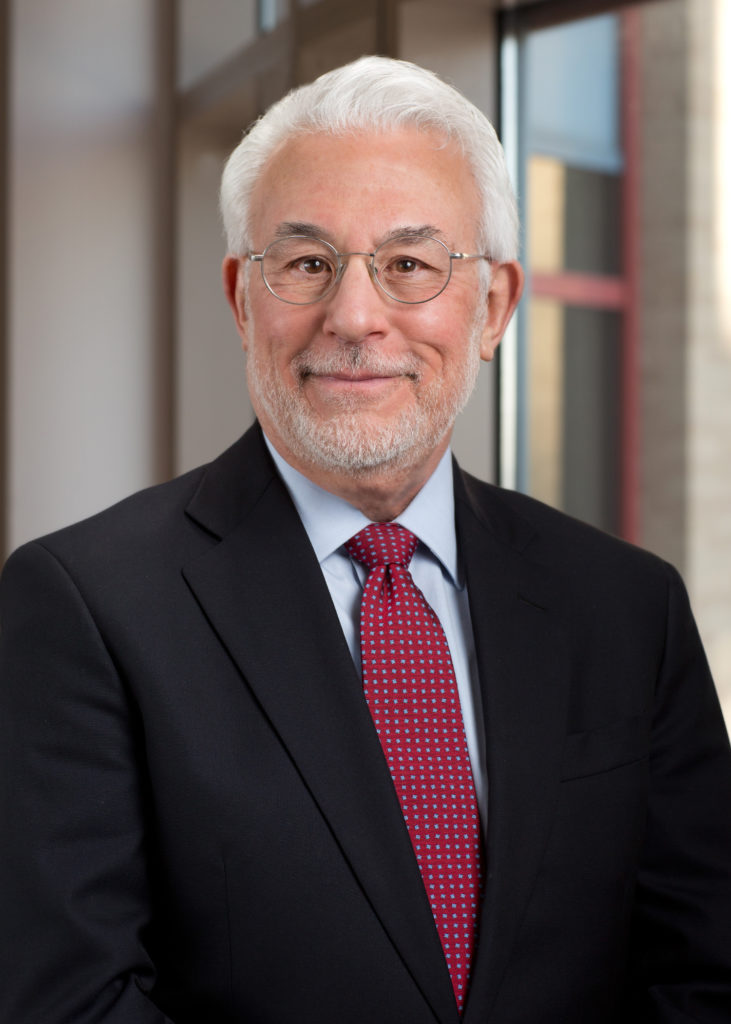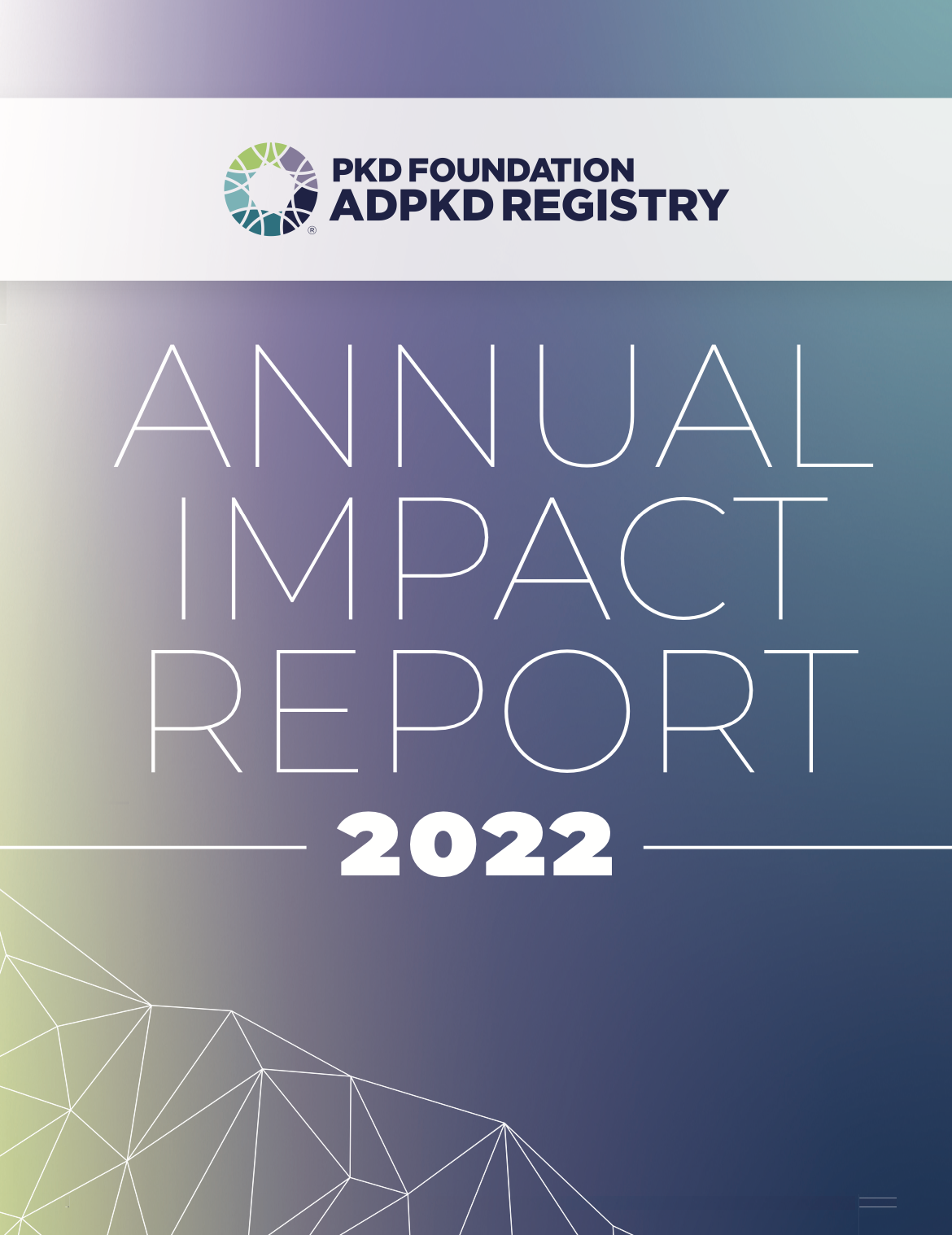This patient education session is supported by a sponsorship to the PKD Foundation from Otsuka Pharmaceuticals, Inc.
Autosomal Dominant Polycystic Kidney Disease (ADPKD) is a chronic, genetic disorder marked by growth of fluid-filled cysts in the kidneys. Complications include hypertension, side pain, blood in urine decreased kidney function, and sometimes kidney failure. Total Kidney Volume (TKV) is the primary measure of kidney growth and can provide information on disease status and its progression. MRI or CT scan are the best methods to obtain TKV measurements. Selecting a provider that is educated on ADPKD and who understands your disease management goals is critical.
Learning objectives
—Disseminate information about TKV with respect to how it is measured, what it measures, and its implications for disease progression
—Education on what treatments have been shown to affect TKV measurements and how to discuss options with the healthcare team
—Empower patients with ADPKD and their caregivers to better engage with their healthcare team

Speaker
Ronald D. Perrone, M.D.
I am a member of the Division of Nephrology at Tufts Medical Center and Professor of Medicine at Tufts University School of Medicine. I established the Center for Polycystic Kidney Disease at Tufts Medical Center and work closely with clinical colleagues in the care of patients with PKD. I have had a long-standing and wide-ranging interest in ADPKD, focusing primarily on clinical trials and use of total kidney volume as a potential regulatory endpoint. I served as the clinical lead and co-director of the PKD Outcomes Consortium whose work led to qualification of total kidney volume as a prognostic biomarker by FDA and EMA. I have participated in a number of clinical trials in ADPKD serving as the Boston site Principal Investigator and member of the Steering Committees for the HALT PKD study, the TEMPO 3/4 and REPRISE trials of tolvaptan in ADPKD, the TAME-PKD study of metformin, the Venglustat study, and the Action study of lixivaptan. I also serve as Boston site PI for the Tesevatinib and Bardoxolone (Falcon) studies.



